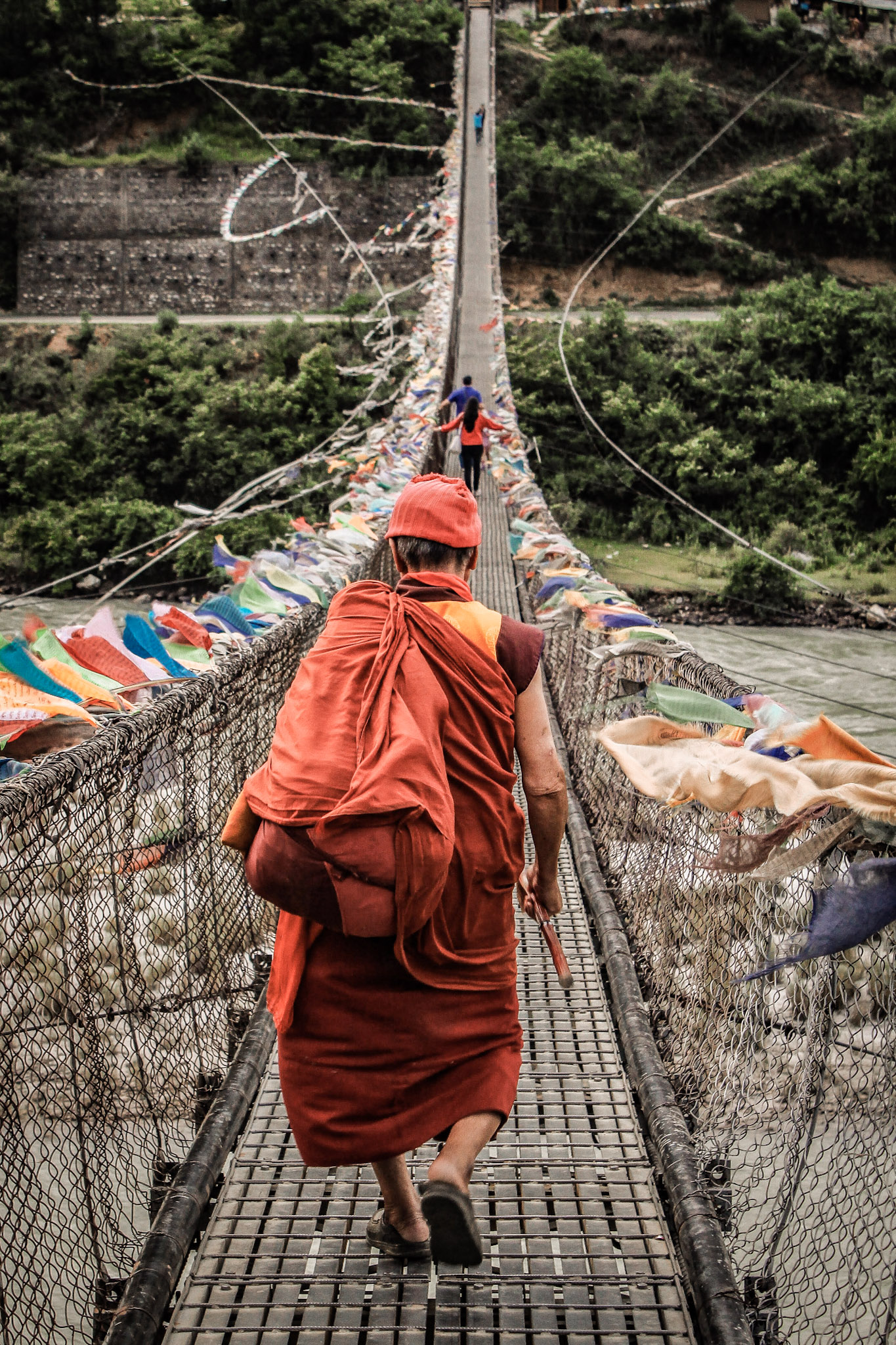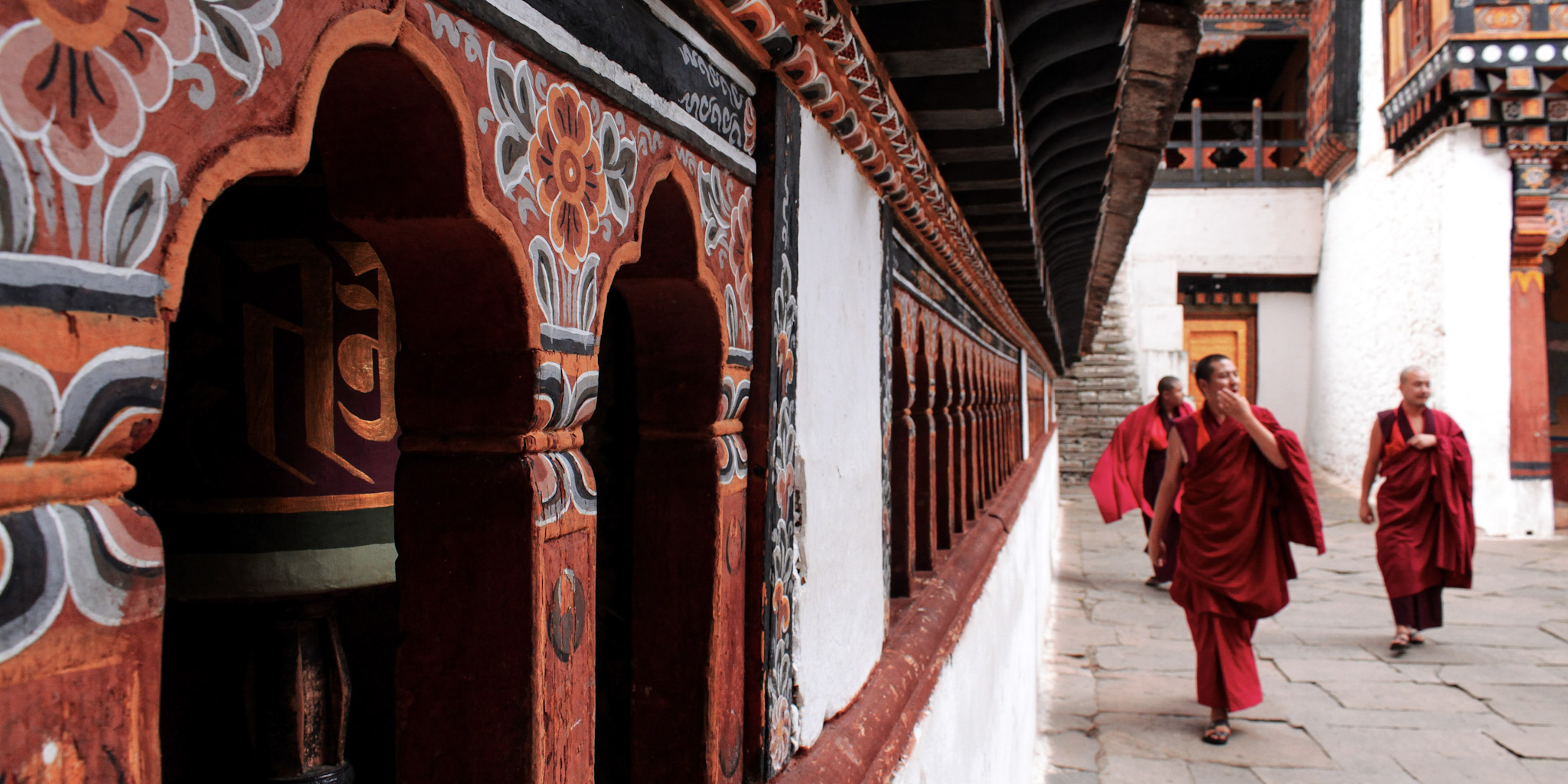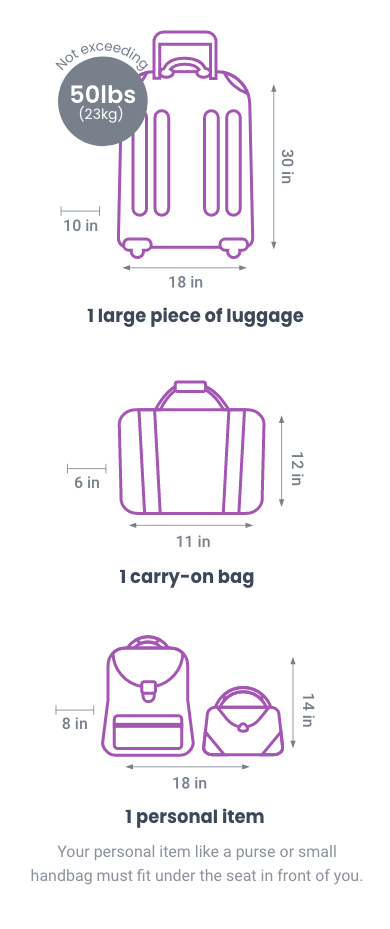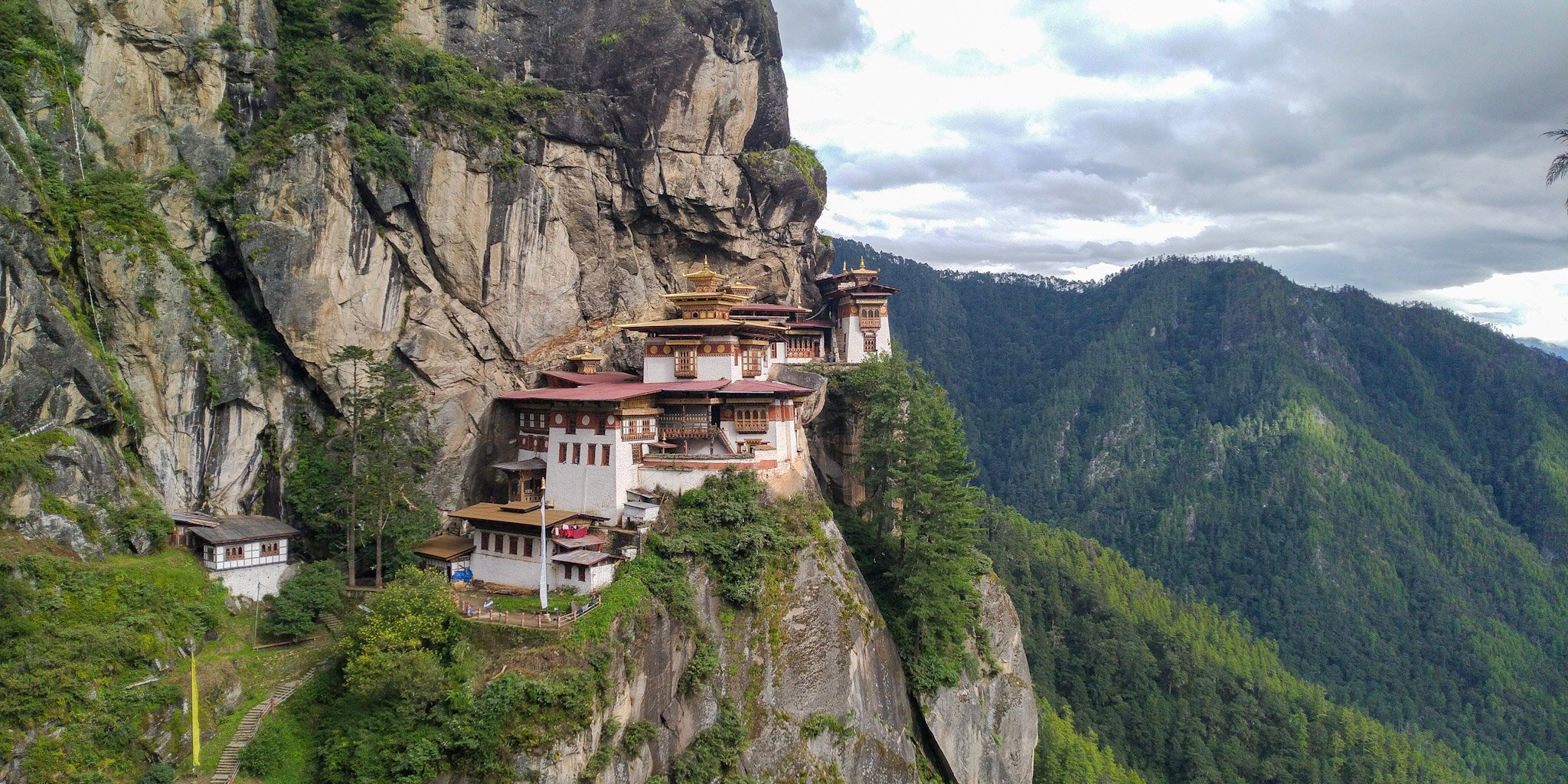About Bhutan
Overview
Nestled high in the Himalayas, and known as the ‘Land of the Thunder Dragon’, is the Kingdom of Bhutan. At only half the size of the US state of Indiana, Bhutan is characterized by steep mountains and deep valleys. Located in the Eastern Himalayas, between China and India, it has an ancient Buddhist culture and was isolated for centuries to prevent foreign influence. Your adventure in Bhutan will explore the country's natural wonders as well as the culture and its people, only exposed to the outside world in the 1970s.
Capital City: Thimphu
Population: 782,455 Est. 2022
Currency: Bhutanese Ngultrum (BTN)
Time Zone: Bhutan Time - WITA (GMT +6)
Emergency Number: 113
Outlet: Type C/D and G

.jpg)
Packing List
Speak the Language
Language: Dzongkha is a Sino-Tibetan language spoken by over half a million people in Bhutan.
- Hello (formal)- Kuzu zangpo la
- Hello (informal) -Kuzu zangpo
- See you later! (informal) - Shu lay log jay gae! Or Tama che gae or Naba Choe gae
- Thank you -Kadrin Cheyla
- How are you? - Ga day bay ye?
- What’s your name? - Chhoe gi ming ga chi mo?
- My name is… - Ney gi ming … inn la
- Nice to meet you - Nga choe da chebay sem ga yi
Google Translate: Download the Google Translate app or click here

Weather
THIMPHU WEATHERCulture Notes
- Nature is an integral part of Bhutanese culture and religion as they believe everything is alive in some way. Avoid taking natural things like stones as souvenirs or skipping stones into a lake as they believe they are the home of the deities.
- Be prepared to have all personal computers, cellular telephones, cameras, or any other electronic devices registered with Bhutanese customs upon arrival. These items will also be checked upon departure, so hang onto that declaration slip they give you upon arrival.
- There are plenty of beautiful temples and other spiritually significant places in Bhutan so if you plan to check them out, it's a good idea to dress respectfully. Many places require long sleeve clothing in order to enter such as Tiger's Nest Monastery.
- Connectivity might be touch-and-go, but in a country that is still largely disconnected from the outside world, this is one of the best things about traveling in Bhutan. WiFi is available in most hotels in major cities.
Tipping
Tipping Suggestions: Tipping is not compulsory in Bhutan as all hotels and restaurants bills include service charges of 20%. Tips provide supplemental income, and, while not mandatory, are greatly appreciated. If the local teams have added to the experience, please reward them.
| Guides | USD $10 per person/per day | |
| Drivers | USD $5-6 per person/per day |
FAQ
Where can I find information on travel safety? Check out the US Department of State's website for the most up-to-date information on safety while traveling.
Is the water safe to drink? Tap water should be avoided by travelers. You should also avoid brushing your teeth with tap water when possible. For drinking water, make sure to drink bottled water.
Do I need a Visa? For Visa information, click here. Make sure your passport is valid for at least six months after you return home and has two or more blank pages. Otherwise, some countries may not let you enter.
What about vaccines? For vaccination information, click here.
Do you recommend travel insurance? While not required, we highly recommend all travelers get travel insurance for their trip to protect themselves from the unknown! Check out travel insurance options from our partner, worldnomads.com, or from a provider of your choice.
How much should I pack? As we will be using shared transfers and spaces throughout our tour we recommend all travelers pack as lightly as possible. Please review our luggage restrictions below.
What does public transportation look like? There are no trains in Bhutan, with public transport only available by bus service in districts where paved roads exist.
Is Uber or Lyft available? No. Although taxis are found in the major tourist cities and areas, care should be taken as many are not regulated and few are metered.
Luggage Restrictions
.jpg)


